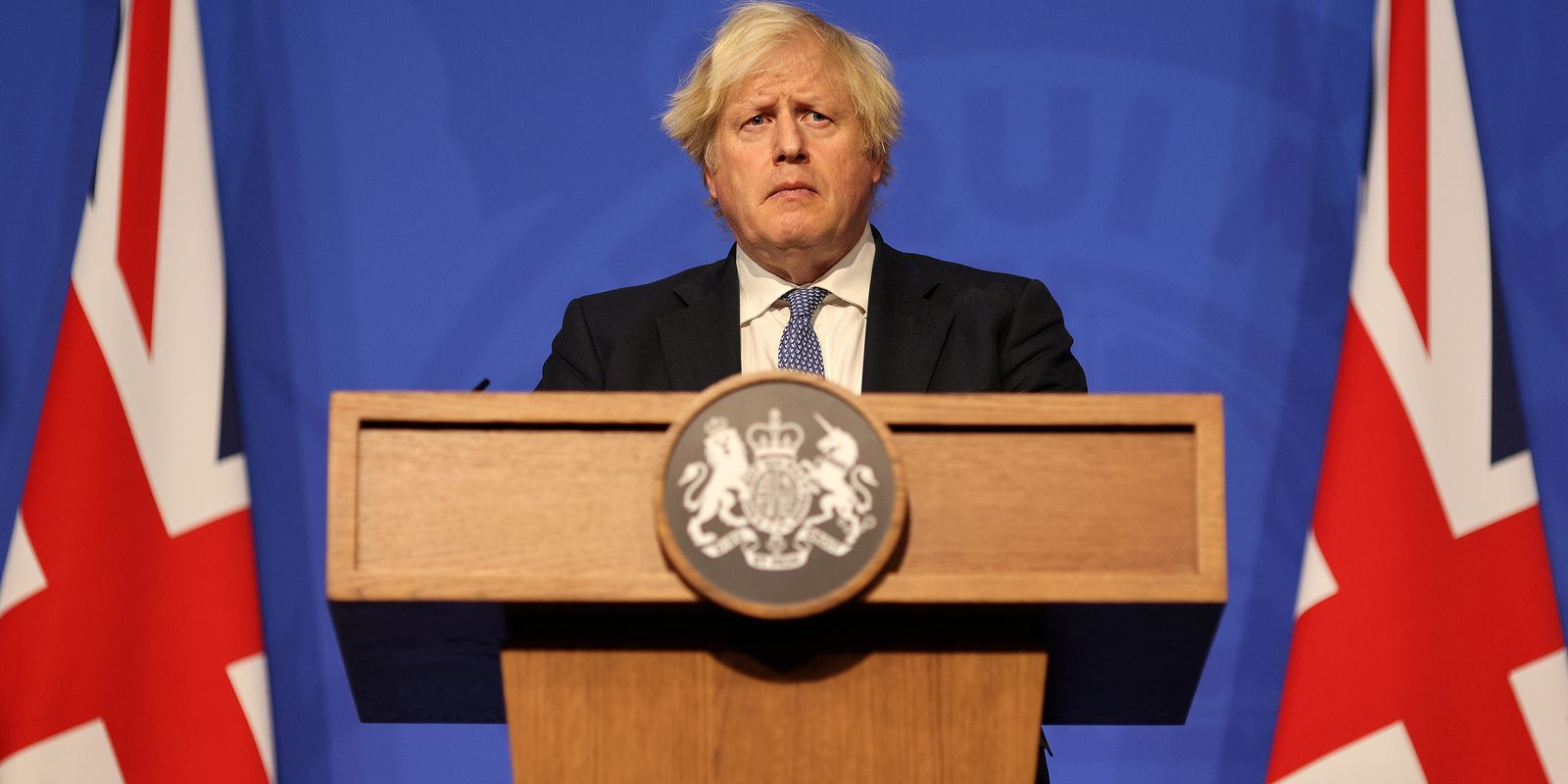The nine signatories to the ‘Compassionate End-to-End Care’ statement, dated May 16, 2018, argue that, “with the approval of the Euthanasia and Assisted Dying on Demand Act” by parliament, “the ethical principle ‘you do not kill’, present in different cultures and different religious traditions from East to West, which has made society evolve towards a culture of care, is seriously compromised by the political decision of a majority”.
“In fact, death is cheaper and more comfortable than the creation and maintenance of institutions to care for life with humanity and compassion, especially fragile life, until its natural end”, estimates the GTIR, wondering : “Where is palliative care accessible to patients who need it?”
According to these religious denominations, “death on demand is a false form of compassion and represents an inversion of values”.
“We must be very attentive to the possibility of opening new cracks with new legislative initiatives to prevent the dam of life from being, little by little, completely knocked down. The evidence of the slide towards a culture of rejection and death is here and the practice of euthanasia in countries, including Canada, Belgium and the Netherlands, points to the unwanted path of the future,” reads a statement from the GTIR, published today. today.
In the document, it is defended that “every human being is intrinsically worthy, independently of any psychological, economic, sociological or political criteria. The human being is worthy because he is human”.
“Faced with the legalization of euthanasia and death on demand, caregivers and health professionals have the right to conscientious objection. Professionals who believe, in addition to the right, also have a duty to oppose. and religious accompaniment,” adds the Group.
For the GTIR, “euthanasia and death on demand become legal, but they remain ethically unacceptable and socially reprehensible. The law does not make ethical a practice that is not”.
On Friday, parliament confirmed the decree on medical assistance in dying, which had been vetoed by the President of the Republic, with a total of 129 favorable votes, forcing its promulgation.
According to the Constitution of the Republic, faced with a veto, the parliament can confirm the text by an absolute majority of deputies in office, 116 out of 230, and in this case, the President of the Republic must promulgate the diploma within eight days from from the date of receipt.
On the same day, the head of state, Marcelo Rebelo de Sousa, declared that he would promulgate the law on euthanasia, since the Constitution he was sworn to defend leaves no other alternative.
“I swore the Constitution. The Constitution obliges the President to promulgate a law which he vetoed and which was confirmed by the Assembly of the Republic (…) it is my constitutional duty”, has declared Marcelo Rebelo de Sousa, a practicing Catholic, in Estarreja (Aveiro).
The GTIR is made up of the Portuguese Evangelical Alliance, the Portuguese Hindu, Lisbon Islamic and Lisbon Israelite communities, the Catholic Church, the Portuguese Buddhist Union, the Portuguese Union of Seventh-day Adventists, the Serbian Orthodox Church of Portugal and The Church of Jesus Christ of Latter Day Saints (Mormons).

“Freelance communicator. Hardcore web practitioner. Entrepreneur. Total student. Beer ninja.”







